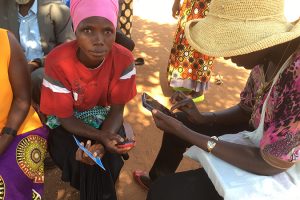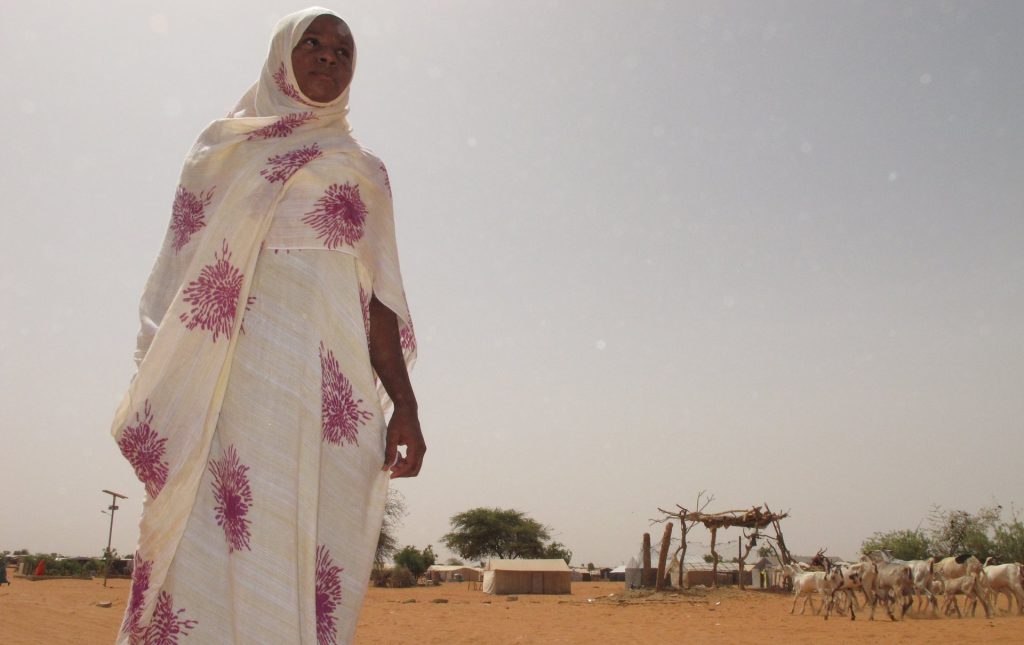The National Human Rights Commission, NHRC, says out of the 750,000 stateless persons in West Africa, women constitute 60 per cent.

The commission’s Acting Executive Secretary, Oti Ovrawah, made the disclosure on Monday in Abuja at the maiden celebration of the ECOWAS Human Rights Day.
The event, organised by the commission in collaboration with the Network of National Human Rights Institutions in West Africa (NNHRI-WA) and the ECOWAS, has the theme: “The Rights of Women and Young Persons.”
“The condition of women in Internally Displaced Persons (IDPs) camps, especially, is alarming. The large number of stateless women in West Africa is also a matter of serious human rights concern,” Ms. Ovrawah said.
She said the aim of celebrating the first ECOWAS Human Rights Day was to have a day where West African citizens could highlight human rights issues affecting their various communities.
“Human rights violations in the region are enormous; they range from poor prison conditions, weak criminal justice administration, poor access to education and information, violence against women to poor access to health.
“For instance, the outbreak of the Ebola virus in 2014 is an indication of the violation of the right to health. It also showed the weak health infrastructure in the region.
“Violation of the right to health is clearly a violation of the right to life,” the acting NHRC scribe said.
She decried the incessant exposure of Nigerian girls to prostitution, child labour and early marriage among others.
According to Ms. Ovrawah, the theme for this year’s celebration is fitting in view of the many violations of the human rights of women through violence in private and public spheres.
She, however, said the essence of the day was not to celebrate achievements recorded but to map out strategies for tackling the human rights challenges in the region.
Remi Ajibewa, Director, Political Affairs, ECOWAS Commission, said the celebration was part of efforts to lay a new foundation in the region for enhanced promotion and protection of the rights of ordinary citizens.
Ms. Ajibewa said the celebration, which was being replicated across the region, took cognisance of the basic tenets of human rights as enshrined in all international human rights instruments.
He added that the celebration would create the needed platform, particularly in Nigeria, for citizens, especially women, to engage the government, who are the primary duty bearer as far as human rights are concerned.
In an interview with journalists, Saka Azimazi, the Executive Secretary, NNHRI-WA, said that the decision to have a special human rights day in West Africa was reached after persuading the various heads of state.
“It was necessary to do so because many conflicts witnessed in the region were caused as a result of gross violations of human rights.
“When you look at Liberia, Sierra Leone and Boko Haram in Nigeria, they are all as a result of violations of human rights, so there is need for respect of human rights to be highlighted periodically,” Mr. Azimazi said.
He said it was expected that the celebration would create more awareness and open doors for ECOWAS citizens to access remedies against rights violations.
Mr. Azimazi expressed concerns that out of all the ECOWAS-member states, only The Gambia had yet to establish a human rights office.
He, however, said this would soon be resolved as efforts were underway to ensure the establishment of a human rights office in The Gambia.

